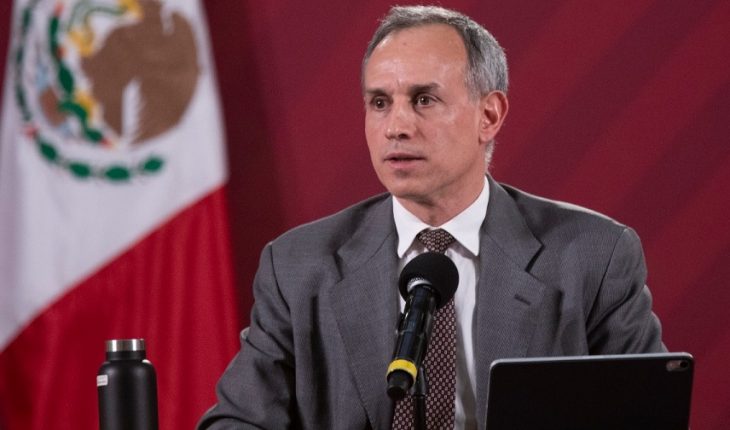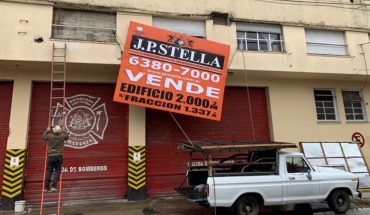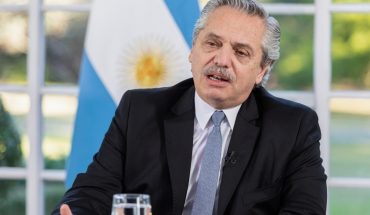Faced with questions that Mexico is already sixth place of deaths in the world and tenth in contagion and that the epidemic continues to grow, Hugo López-Gatell, undersecretary of health, noted that nations cannot be compared with different realities and that the pandemic found the country with a population mired in inequality, with a high percentage of chronic diseases and an insufficient health system.
“When Mexico receives the COVID epidemic it confronts it with its reality: with these health conditions in the population, very deteriorated conditions, and with a health system that did not grow as needed, that was deteriorating its facilities due to lack of service by dispersion in other things of the money that had to be used for that,” he said.
The official added that health units were not distributed in the territory in areas where they were most needed, but that they concentrated “chaotically and poorly planned in urban areas, sometimes with repetitions, units together from various institutions, and a huge abandonment of the rural and suburban population.”
The health system did not spoil the first of December 2018, López Gatell stressed, “so it has been, who has gone to a health unit knows that it has been for years”.
Therefore, he stressed, in order to measure the impact of the epidemic in Mexico, coVID must be seen in a population with these deficiencies.
“It is COVID in a population with huge economic and social inequalities. Half the population lives in economic insufficiency to stock up on the basics for an appropriate life.”
So, “what can be done? It can try to slow the growth rate of the epidemic. But the action-response model considers actions such as community mitigation, an intervention where people are left at home and that leads to a decrease in the amount of contagion per day.”
However, this will not result in a lower number of total contagions, he noted, because an epidemic like this cannot be suspended unless a high social cost is paid, unless the country is completely closed for weeks.
“But that would generate very great damage to the people who live daily, 50% of the population, and to the workforce of this country who are in that 50%, in manual, agricultural, industrial workers, of services, then you have to always see the whole, this is the unequal society that we have,” López-Gatell stressed.
That is why it was chosen to mitigate, he explained, and again defended that the activities were not shut down too soon, but in the appropriate time.
“European countries did not do so at the tipping point, they did it two or three weeks later, we did it when it was appropriate and we managed to reduce the epidemic curve to have slower contagion, even if the epidemic spreads, and that there are no people who die from inattention.”
If the hospitals “of this precarious and deteriorated health system that for 40 years did not grow as it should, he said, have had to make dramatic decisions such as who is intubated and who is not intubated, that has not happened in Mexico.”
People who have passed away, he added, “did not die because hospitals were saturated, they died because COVID took their lives. But let’s not forget who took their lives: older adults, people with chronic diseases, such as hypertension, diabetes, obesity, caused by a diet based on high-calorie, low-nutritional industrialized products. And let’s not forget either that the highest consumption of soft drinks, for example, is among the population with the lowest incomes.”
To conclude his argument, he pointed out that when we talk about whether or not we are above Spain in death, “we must not lose sight also that this is a reality (in Mexico) and that is the reality in Spain. Counting cases and comparing countries with different populations is a methodological error, only with more population, for example, there is a better chance of deaths.”
What we do in Animal Político requires professional journalists, teamwork, dialogue with readers and something very important: independence. You can help us keep going. Be part of the team.
Subscribe to Animal Politics, receive benefits and support free journalism #YoSoyAnimal.
translated from Spanish: Inequality and poor health system aggravated epidemic effects: Gatell
July 2, 2020 |





